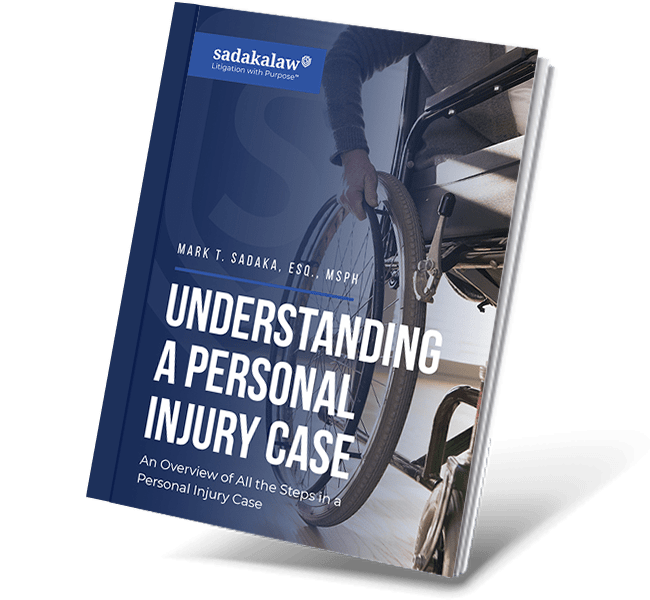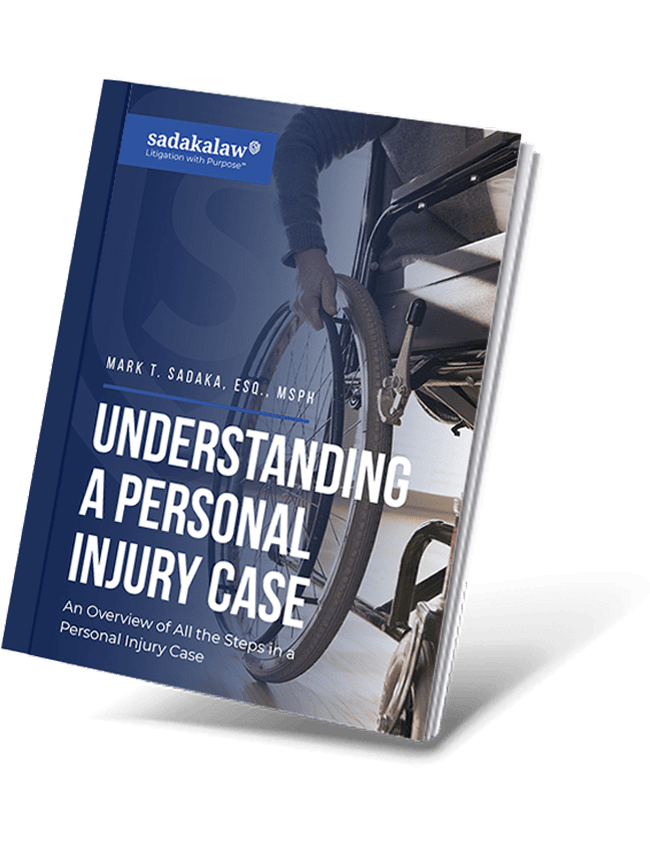Accidents can happen to anyone at any time and place. While you can avoid a car, train, or slip-and-fall accident by being cautious, they can sometimes occur due to another person’s carelessness. When physical injuries happen at the expense of negligence, the victim often wants justice for their inconvenience, which leads to pursuing legal action or a personal injury lawsuit.
While some people hesitate to file a claim, it is essential not to wait too long because a statute of limitations is in place. When dealing with legal battles and personal injury cases, it is beneficial to have a reliable personal injury attorney in New Jersey by your side to guide you and make the process easy and stress-free.
Statute of Limitations in New Jersey: What’s the Deadline?
Accidents that occur due to negligence usually cause victims to face physical, emotional, and financial consequences. These damages are difficult to handle, which is why fair compensation is often the right solution.
To receive compensation, the plaintiff should file a claim. However, it is essential to know that the law or statute of limitations sets a filing deadline. If the injured party fails to meet the deadline, the person may miss out on the opportunity to hold the individual responsible for the accident accountable for their actions.
In New Jersey, the statute of limitations is two years from the date of the accident.
What’s the Purpose of Statutes of Limitations?
For those outside the legal field, the statute of limitations can be challenging to understand. Forcing to gather evidence and file a lawsuit after an accident seems strange, but there are many reasons why these statutes are in place.
Here are some of the reasons for statutes of limitations.
Deal With Lawsuits in a Timely Manner
The first purpose is to ensure attorneys deal with lawsuits in a timely manner. For example, if someone wants to file a claim against another individual for an accident, they should pursue the action with reasonable diligence.
Prevent Lawsuits From Becoming Unclear
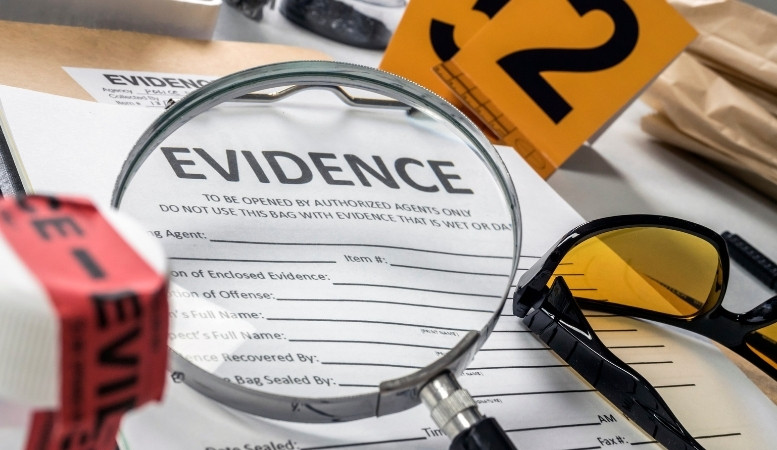
The second purpose is to stimulate plaintiffs to file claims after the injury to prevent the facts and evidence from the case from becoming unclear or vague. When a car, train, or pedestrian accident happens, it is difficult for the victim to remember and memorize all details. It is even more challenging to prove a case when evidence is based upon one person’s recollections from years ago.
Restrict People From Filing Lengthy Lawsuits
The third purpose is preventing people from filing lengthy lawsuits and avoiding confusion among the parties involved.
Steps To Take Following an Accident
Taking steps following the car, truck, motorcycle, boat, or train incident makes it easier to pursue legal action sooner.
Here are some of the steps one should take after an accident in New Jersey:
- Inform the police
- Reach out to the insurance company
- Collect information of the person/persons responsible for the incident
- Collect information from eyewitnesses
- Discuss your legal options with your attorney
In severe accidents, it is also essential to receive medical care and ensure you are stable. Even if you feel fine, it is vital to receive an evaluation from a doctor and use that when filing a claim.
When To File a Claim
It is not always necessary to pursue legal action to receive fair compensation. In New Jersey, injured parties turn to insurance policies to recover compensation for their injuries due to vehicle accidents. New Jersey is a “no-fault” state, and more than one individual can be responsible for a car, bike, or truck accident.
If the other driver is responsible for the incident but doesn’t have insurance, you may need to take your case to court. It is also possible for your medical bills and property damage to exceed the amount available through the negligent driver’s insurance company. In this case, you will need to consult with a personal injury attorney in New Jersey to advise you on the next steps.
How To Determine the Worth of a Personal Injury Claim
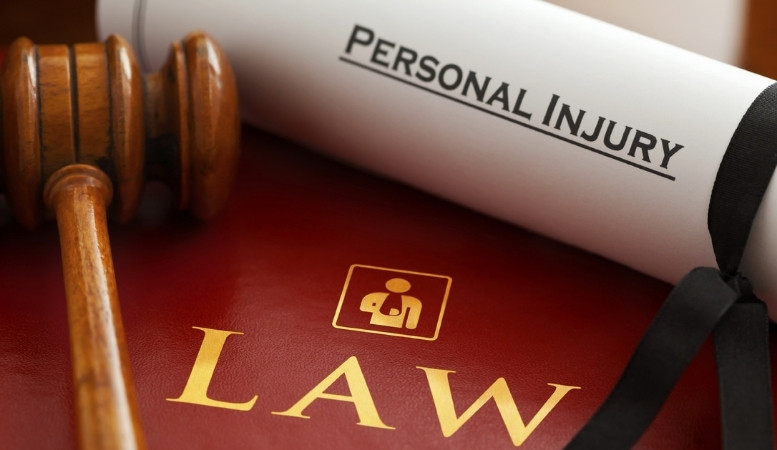
Personal injury lawsuits include damage for tangible and intangible losses due to the following accidents:
- Car accident
- Truck accident
- Motorcycle accident
- Boat accident
- Train accident
- Bicycle accident
- Pedestrian accident
- Workplace accident
- Slip and fall
- Dog bite
- Wrongful death
The more severe or permanent the injury, the higher the value of your claim. While each case is different, the higher the value you seek, the more complex the legal process becomes.
If you believe that further medical assistance will be necessary, your claim may also include compensation for future hospital bills and rehabilitation expenses. Suppose your medical assistance extends far into the future (ten or more years), and you have severe injuries that will require equipment and ongoing treatments. In that case, your claim may include a demand for compensation for future pain, medical expenses, loss of enjoyment, lost income, and pain and suffering.
Types of Compensations
In a personal injury lawsuit in New Jersey, you look for compensation for your physical and emotional damage from the person responsible.
There are two types of damage categories: compensatory and punitive.
Compensatory
Compensatory damage should bring the plaintiff back to the same monetary state as before the incident. You can file for economic or tangible losses or non-economic or intangible losses.
Economic losses include:
- Medical treatments
- Loss of wages
- Loss of property
- Legal fees
Non-economic losses include:
- The injury itself
- Permanent disability
- Work limitations
- Recovery time
Non-economic losses are often challenging to prove. Pain and suffering due to an injury are subjective and depend on the victim’s emotions. When presenting your case, it is essential to explain in detail your feelings, the agony you’ve been through, and the stress you are stuck with for the rest of your life.
Punitive
One is entitled to punitive damage in case of complete negligence or clear defiance of the law. However, if you feel you are a victim of a purposeful or malicious act, you have the right to file for further compensation.
Punitive damage usually involves large entities or companies, for example, defective car parts, unsafe beauty products, and more.
Claims Against Government or Public Entities
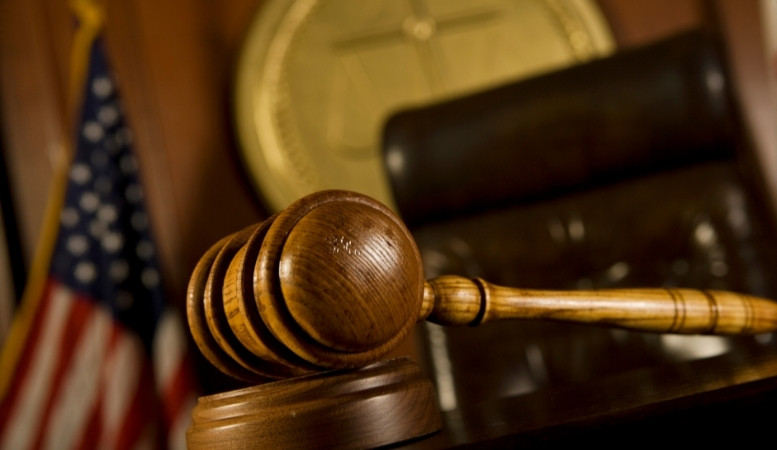
If you, a family member, or a friend suffered injuries because of a government or state entity, it is essential to file a notice of claim within 90 days to inform the state of New Jersey. A notice of claim is not the same as a lawsuit. It is letting the other side know you are planning to file a suit and provide appropriate reasons.
How Long Does It Take To Resolve a Personal Injury Claim?
Numerous factors can impact the timeline of your personal injury claim. The availability of evidence and witnesses, the severity of your injuries, and the number of people involved will determine how long it takes to resolve your case.
What Happens After You Miss the Statute of Limitations Deadline?
Suppose you miss the filing deadline for your personal injury case in New Jersey. In that case, the person responsible for the accident has the right to file a “motion to dismiss” the case, including all information and facts. In most cases, the court dismisses your claim, and when that happens, no matter how serious your injury was, you have lost your right to file for compensation.
How To Know if You Have a Personal Injury Case
Every case is unique. However, your potential personal injury case may qualify if you suffered physical or emotional injuries due to someone else’s negligence. Before filing a claim, you must prove:
- The responsible party was negligent. For example, if a car driver crashed into you because they ignored a sign, the driver is considered negligent.
- The accident caused the injury. For example, if you sustained a concussion or a broken leg due to the accident, the driver’s negligence would be considered a cause for your injury.
- The injury resulted in lost wages and medical bills. For example, if you can’t return to work due to broken legs, arms, or constant headaches, you are eligible to file for compensatory damage.
Discuss Your Personal Injury in New Jersey With a Reliable Attorney
If you or your loved one suffered serious injuries from an accident in New Jersey, don’t let the hospital bills and rehabilitation expenses pile up while you wait for the insurance company or the negligent party to do the right thing.
At The Law Offices of Sadaka Associates, we understand the implications of a car, truck, or slip-and-fall incident. We want to help you ensure you are eligible for compensation for your physical injury and emotional stress.
Contact Us
Our team has handled many personal injury cases in New Jersey and is familiar with the statute of limitations, deadlines, and rules. Contact The Law Offices of Sadaka Associates today at 1-800-810-3457 to schedule a free consultation and discuss your case.
We are here to answer all of your questions and guide you through the legal process, one step at a time.

